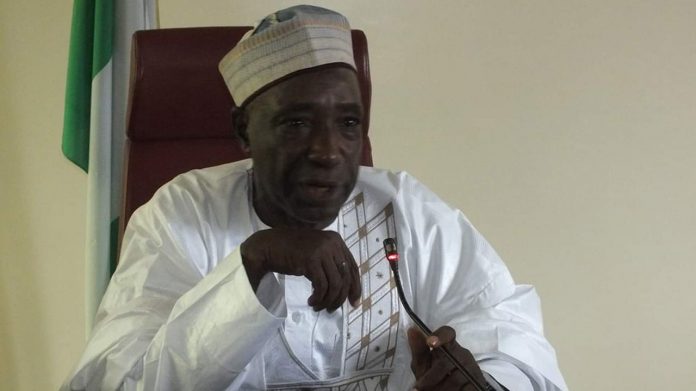The federal government has said Nigeria will stop the importation of fertilisers within the next two years. The country currently has over 33 fertiliser blending plants with a combined capacity to produce about five million metric tonnes of the product annually.
Minister of Agriculture and Rural Development, Alhaji Mahammad Sabo Nanono who disclosed this yesterday at the opening of a three-day workshop on the operationalisation of the National Fertiliser Quality Control (NFQC) Act 2019 at Orozo, Nasarawa State, said Nigeria presently needs seven million metric tonnes of fertiliser. “With five million metric tonnes already being produced locally and a number of other blending plants that are coming up with the capacity of adding additional three million metric tonnes in the next two years, Nigeria will have no need to import fertiliser into this country,” the minister said.
He said that the primary goal of the fertiliser regulatory system is to increase agricultural productivity for national food security which can only be achieved through the provision of quality fertilisers and other key farm inputs.
According to him, “The system will eliminate the rampart cases of fertiliser sharp practices across the country in the areas of nutrient deficiencies, adulteration, misleading claims, short weight etc. The Act will also protect your investments as manufacturers, blenders or distributors as well as other service providers along the fertiliser value chain.”
He said to ensure smooth implementation of the fertiliser Act, the ministry along with other stakeholders has developed Fertiliser regulations and forwarded same to the Federal Ministry of Justice for review by legal draftsmen. The regulations he said provide step by step process, procedures and implementation guidelines to be followed for effective enforcement of the Fertiliser Act.
The workshop was organised to sensitise members of Fertiliser Producers and Suppliers Association of Nigeria (FEPSAN) as well as other distributors and farmers on the operationalisation of the Act.
Also present at the workshop include members of the National Assembly, development partners including International Fertiliser Development Centre among others.


